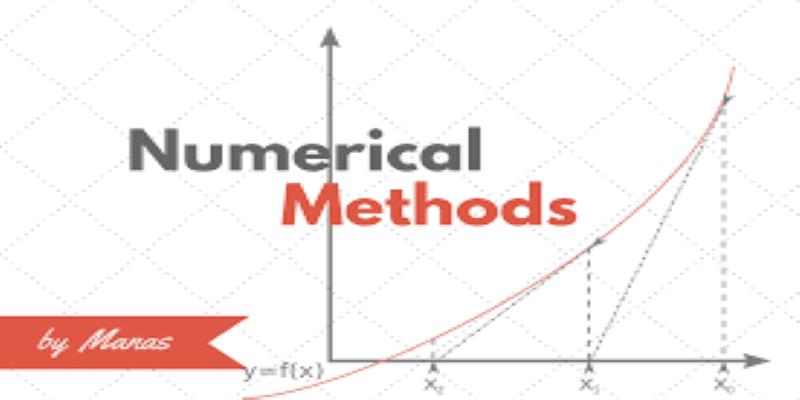
About Course
Numerical Methods and Simulation Techniques for Scientists and Engineers.
The course contains very important aspects of the modern-day course curriculum, namely, numerical method and simulation techniques that are going to be of utmost importance to both undergraduate and graduate levels. Most of the real-life problems are unsolvable using known analytic techniques, thus depending on numerical methods is imperative. The course introduces basic numerical methods and the key simulation techniques that are going to be useful to academia and industry alike. Even if the software packages, such as Mathematica, Matlab, etc are available for most of the numeric computations, yet one should be aware of the techniques that are inbuilt into the software.
INTENDED AUDIENCE: Students, Lecturers from Engineering colleges and Universities. Also, Industry people may be interested who do simulation
Course Content
Numerical Methods and Simulation Techniques for Scientists and Engineers
-
Numerical Methods and Simulation Techniques for Scientists and Engineers [Intro Video]
04:41 -
Lec 14: Solution of differential equation, Taylor series and Euler method
58:43 -
Lec 15: Heun’s method
34:17 -
Lec 16: Runge Kutta method
01:07:59 -
Lec 17: Examples of differential equation: Heat conduction equation
53:18 -
Lec 18: Introduction to Monte Carlo technique
35:48 -
Lec 19: Details of the Monte Carlo method
50:24 -
Lec 20: Importance sampling
51:08 -
Lec 21: Applications: Ising model
44:22 -
Lec 22: Introduction to Molecular Dynamics
45:46 -
Lec 23: Verlet algorithm
58:49 -
Lec 13: Ordinary Differential equations
01:02:30 -
Lec 12: Simpson’s 1/3rd rule, Gaussian integration
49:14 -
Lec 11: Simpson’s 1/3rd rule
56:09 -
Lec 1: Error analysis & estimates, significant digits, convergence
44:40 -
Lec 2: Roots of Non-linear equations, Bisection method
44:35 -
Lec 3: Newton Raphson method, Secant method
58:04 -
Lec 4: Newton Raphson Method (Examples)
54:22 -
Lec 5: Curve fitting and interpolation of data
50:28 -
Lec 6: Newton’s interpolation formula, statistical interpolation of data
45:21 -
Lec 7: Linear and Polynomial regression
01:00:40 -
Lec 8:Numerical differentiation
45:20 -
Lec 9: Numerical differentiation, Error analysis
39:08 -
Lec 10: Numerical integration, Trapezoidal rule
50:50 -
Lec 24: Applications of Molecular dynamics
55:05
